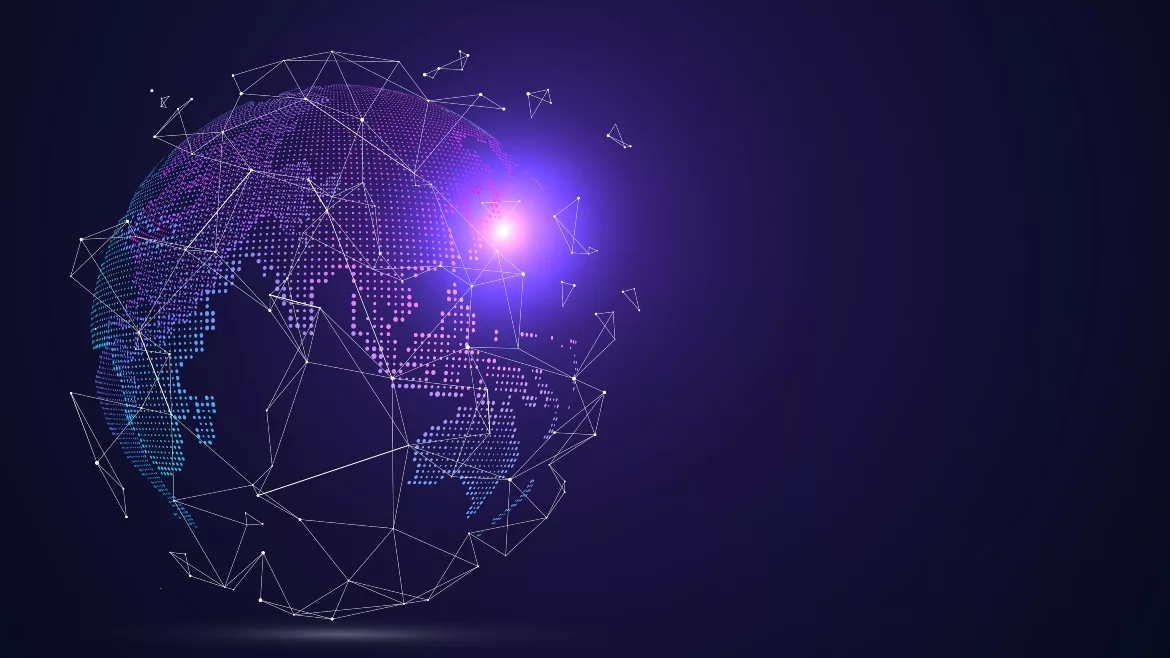US, EU and others to promote open, free, secure internet

The United States and 60 other countries have signed the Declaration for the Future of the Internet. The Declaration’s high-level vision and principles include:
- Protect human rights and fundamental freedoms of all people;
- Promote a global Internet that advances the free flow of information;
- Advance inclusive and affordable connectivity so that all people can benefit from the digital economy;
- Promote trust in the global digital ecosystem, including through protection of privacy; and
- Protect and strengthen the multi-stakeholder approach to governance that keeps the Internet running for the benefit of all.
“The Declaration represents a political commitment among Declaration partners to advance a positive vision for the Internet and digital technologies,” the White House said. “It also reaffirms and recommits its partners to a single global Internet — one that is truly open and fosters competition, privacy, and respect for human rights.”
According to the White House, the U.S. and partners will work together to promote this vision and principles globally, while ensuring respect for other partners’ “regulatory autonomy.”
The Declaration is a response to a concerning trend of countries such as Russia, China, and North Korea implementing a “splinternet,” which are heavily regulated, censor independent news sites, and can promote disinformation.
Looking for a reprint of this article?
From high-res PDFs to custom plaques, order your copy today!








